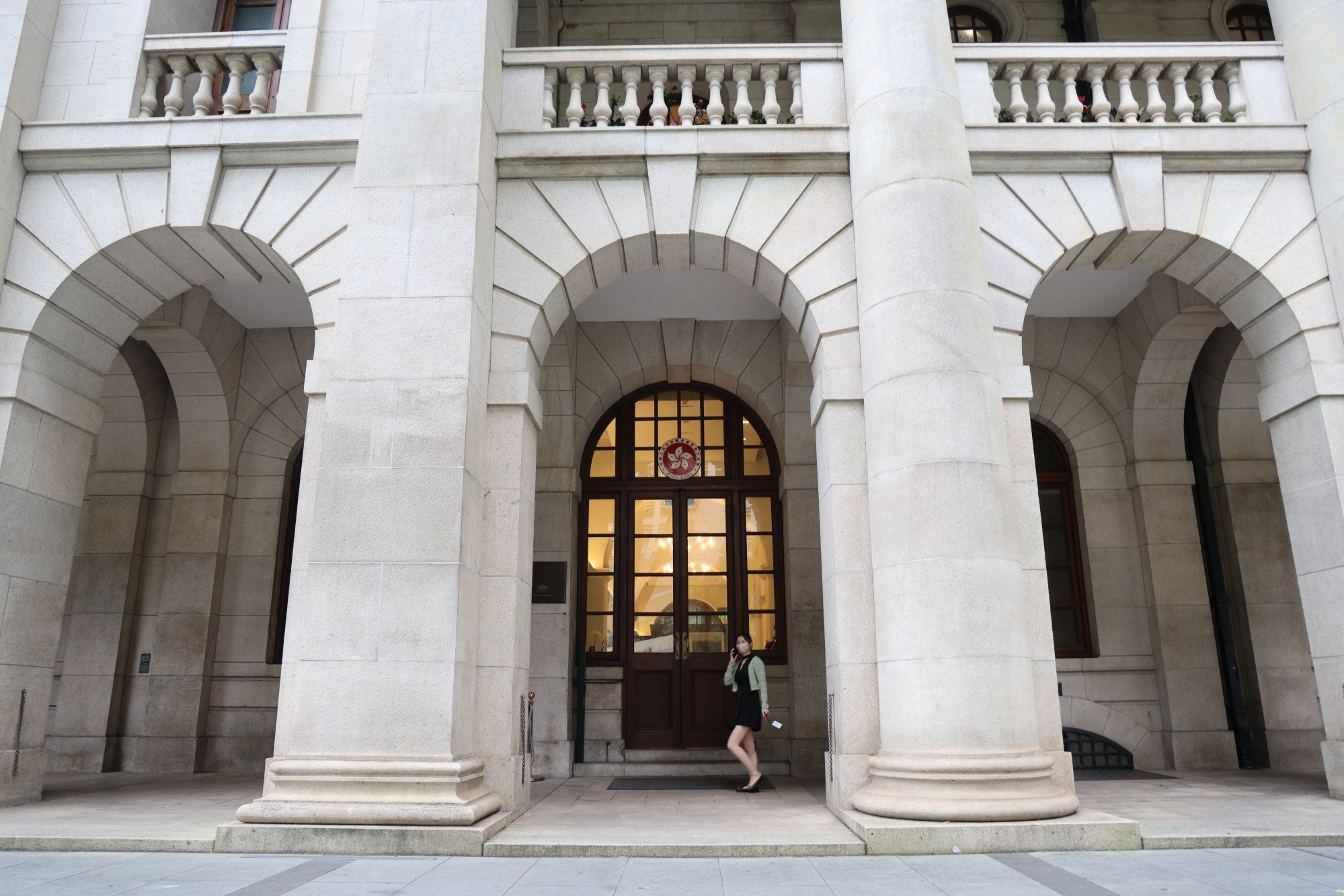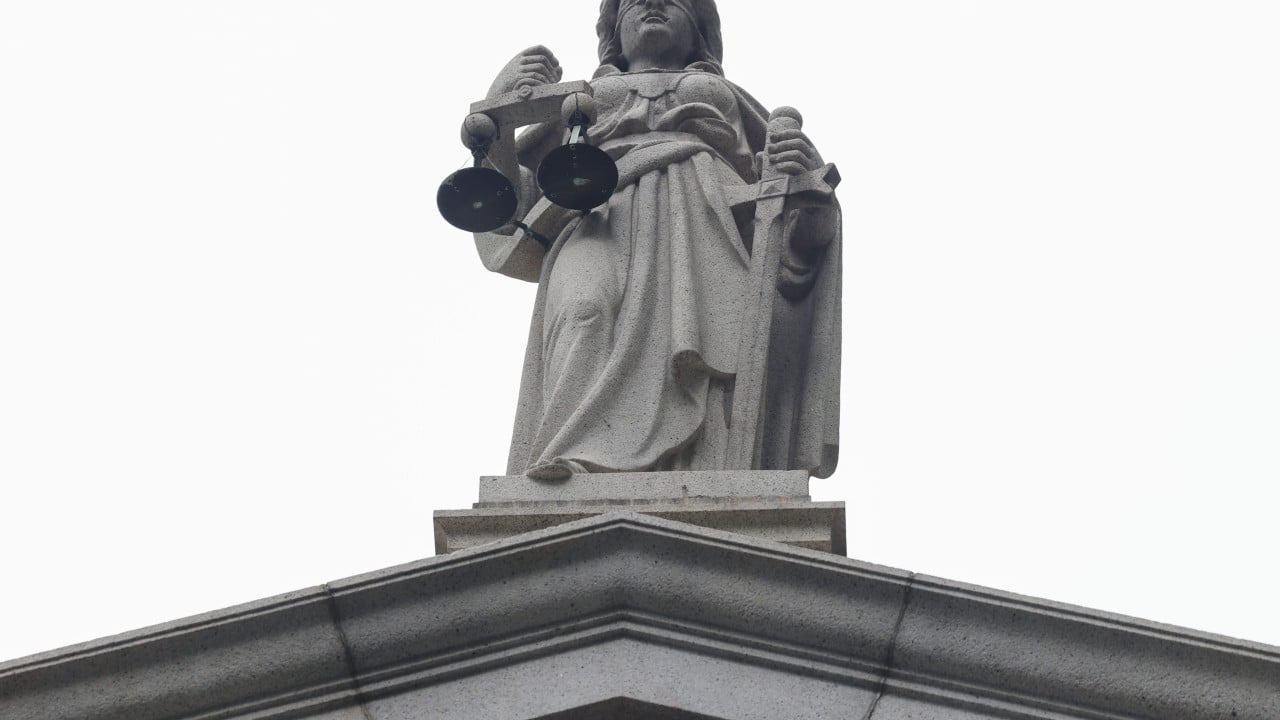Hong Kong’s courts have seen a twofold increase in their criminal caseload in a year and the average waiting time for hearings in the district courts has quadrupled to 416 days.
The city’s judiciary on Wednesday also revealed that a surge in criminal work, including trials related to national security and the 2019 anti-government protests, had forced the rescheduling of 40 criminal cases because of a shortage of judges.
The figures were submitted to the Legislative Council just after the departure of three judges from the city’s top court, the Court of Final Appeal.
Two UK judges, Jonathan Sumption and Lawrence Collins, resigned from their roles as non-permanent judges and fellow justice, Canadian Beverley McLachlin, announced she would retire next month.
Among the 542,904 cases in 2023, the criminal cases handled by the Court of First Instance, including those involving national security and related to the 2019 anti-government protests, have seen a 100 per cent jump to 446 in 2023 from 223 in 2022.
“Such an upwards trend is expected to continue,” the judiciary warned legislators.
The increases were put down to the need to schedule additional hearings in the Magistrates’ Courts since May 2023, which resulted in a significant increase in plea and sentence cases in the Court of Final Appeal.
“Arising from priority handling of the anti-extradition amendment bills and national security cases, the listing of other criminal cases has been inevitably affected,” the report said.

The judiciary said that meant 40 criminal cases had to be rescheduled last year, as national security cases required three judges to preside over them.
The city’s judges added a “considerable” number of outstanding cases related to the 2019 protests had quadrupled the average waiting time for criminal cases in the district courts by March – far beyond the 100-day target.
The Court of First Instance took 370 days on average over the same period to have one criminal case being first heard, 18 days more than last year.
The time frame was the second-longest in four years. The 383-day record was set in 2021.
“Operational experience indicates that the average duration from commencement of proceedings to conclusion of trial for these cases is about 30 per cent longer than that of other criminal cases,” the judiciary explained.
But waiting times for most civil cases and criminal cases in the lower courts generally met the targets set.
In a recent high-profile case, where 14 opposition figures were found guilty of conspiracy to commit subversion through an unofficial “primary election” under national security legislation, the trial lasted 118 days.
But the judiciary said it was optimistic that waiting time would be cut in about two years after “the clearance of the various national security cases and the appointment of additional Court of First Instance judges starting from the second half of 2024.”
It also estimated that the impact on waiting times would be “gradually reduced” as most of the 36 remaining cases linked to the anti-government protests before the District Court would be handled this year and in 2025.
The paper highlighted that the average waiting time for appeal cases from the Magistrates’ Courts had been slashed from 208 days last year to 123 days by the end of March.
It added that was mostly because of efforts such as short-term appointments to the bench.
The judiciary pledged that it would work to speed up court proceedings through the use of technology for remote hearings, as well as increasing the number of judges.


